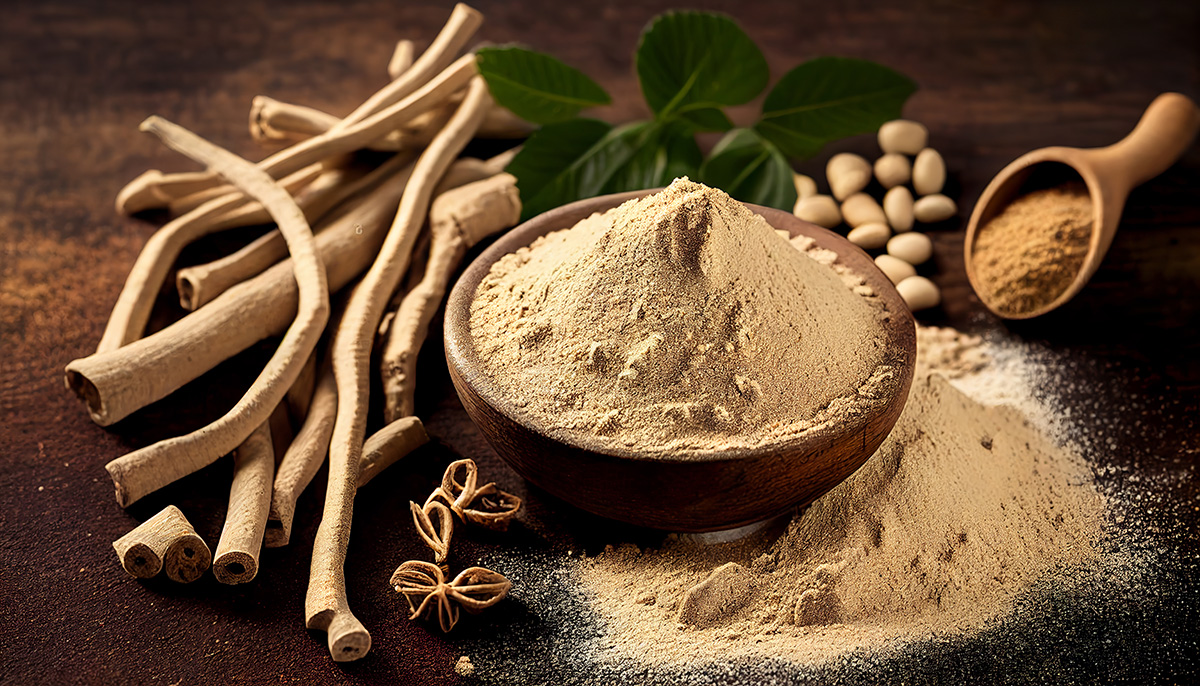In Traditional Chinese Medicine (TCM), menopause is not viewed as a medical condition but rather as a natural transition—a time of profound transformation where the body, mind, and spirit evolve into a new phase of wisdom and balance. While Western medicine often focuses on the hormonal changes associated with menopause, TCM considers this shift holistically, addressing not just the physical body but also the energetic and emotional aspects of well-being. By honoring the natural rhythms of life, TCM offers a gentle, supportive approach to menopause, helping women navigate this transition with grace and vitality.
The Wisdom of Menopause in TCM
In TCM, menopause is closely linked to the Kidney system, which is the foundation of yin and yang energy in the body. As women age, Kidney essence (Jing) naturally declines, leading to shifts in hormonal balance, temperature regulation, and emotional health. This decline can manifest in various ways, including hot flashes, night sweats, mood swings, fatigue, and dryness. However, TCM sees these symptoms not as problems to be fixed, but as signs of an evolving internal landscape that requires gentle nurturing.
TCM treatments for menopause focus on restoring balance by strengthening Kidney yin, clearing excess heat, and harmonizing the body’s energy. This can be achieved through acupuncture, herbal medicine, dietary therapy, and lifestyle adjustments. Unlike the more aggressive interventions often used in Western medicine, TCM seeks to bring the body into harmony with itself, creating a state of “overall wellness” that supports long-term health and vitality.
The Discovery of Menopause

The concept of menopause has been recognized in medical traditions across the world for centuries, but it was not always understood in the way we do today. The term “menopause” was first introduced in 1821 by French physician Charles-Pierre-Louis de Gardanne, who described it as a physiological event marking the end of menstruation. However, long before this, ancient Chinese medical texts had already documented the transition, referring to it as a natural decline in the balance of yin and yang energy.
In TCM, menopause was traditionally seen as a shift in energy rather than a disease. Ancient texts described it as the body’s way of redirecting energy inward, signaling a time for deeper self-reflection and wisdom. This perspective is quite different from the Western medical approach, which often views menopause through a symptom-management lens.
What is Menopause?
As defined by the National Library of Medicine, menopause is a natural biological process that marks the end of a woman’s reproductive years. It is officially diagnosed when a woman has gone 12 consecutive months without a menstrual period, typically occurring between the ages of 45 and 55. This transition is driven by a decline in ovarian function, leading to lower levels of estrogen and progesterone. Common symptoms include hot flashes, night sweats, mood swings, sleep disturbances, and changes in metabolism. While menopause is a universal experience, the way it manifests varies among individuals and cultures.
How Menopause Is Addressed Around the World
Different cultures have varying approaches to menopause, shaped by their unique medical traditions and societal beliefs.
China (Traditional Chinese Medicine): TCM practitioners use acupuncture, herbal formulas like Liu Wei Di Huang Wan (Six- Ingredient Rehmannia Pill) to nourish Kidney yin, and Qigong exercises to maintain energy balance.
Japan: Japanese women report fewer menopausal symptoms, possibly due to a diet rich in phytoestrogens found in soy products. The cultural acceptance of aging as a positive transition also plays a role in their overall experience.
India (Ayurveda): Ayurveda classifies menopause as a transition into the “Vata” phase of life and recommends herbal remedies such as Ashwagandha, along with meditation and dietary changes to balance the body’s energies.

United States and Europe: Western medicine typically addresses menopause with hormone replacement therapy (HRT), pharmaceuticals, and lifestyle interventions. While effective, these methods often focus more on symptom relief rather than holistic balance.
Indigenous Cultures: Many indigenous traditions view menopause as a rite of passage, celebrating it as a transition into a powerful leadership role within the community.
TCM Approaches to Menopausal Wellness
Incorporating TCM wisdom into daily life can help ease the transition through menopause and support “Tao to Wellness.” Here are some key TCM strategies from the National Library of Medicine:
Nourish Kidney Yin – Since menopause is associated with the decline of Kidney yin, it is important to nourish and replenish this energy. Foods such as black sesame seeds, walnuts, goji berries, and seaweed can help strengthen the Kidneys. Herbal formulas like Zhi Bai Di Huang Wan are often used to clear heat and support yin.
Balance the Body’s Internal Temperature – Hot flashes and night sweats are signs of excess heat. Cooling foods such as pears, cucumbers, and mung beans can help, while spicy and greasy foods should be minimized. Acupuncture can also help regulate body temperature and reduce discomfort.
Support Emotional Well-Being – Menopause is not just a physical change—it is also an emotional and spiritual journey. TCM recognizes the importance of emotional balance and recommends practices like meditation, Tai Chi, and Qigong to reduce stress and maintain harmony.
Improve Sleep Quality – Many women experience sleep disturbances during menopause. Drinking calming teas with ingredients like chamomile and jujube seed, practicing mindful breathing, and creating a soothing nighttime routine can promote restful sleep.
Embracing Menopause with Grace

Menopause is a powerful time of transformation, inviting women to step into a new phase of wisdom, strength, and inner peace. By aligning with the principles of Traditional Chinese Medicine, we can honor this transition with compassion and balance, cultivating “overall wellness” that nourishes the body, mind, and spirit.
Rather than resisting change, TCM teaches us to flow with it—embracing menopause as an opportunity for growth and renewal. Whether through acupuncture, herbal medicine, or simple lifestyle shifts, the path to well- being is one of gentle self-care and deep respect for the body’s natural rhythms.
May this journey be one of balance, vitality, and serenity, guided by the timeless wisdom of TCM and the understanding that true health is found in harmony with ourselves and the world around us.

